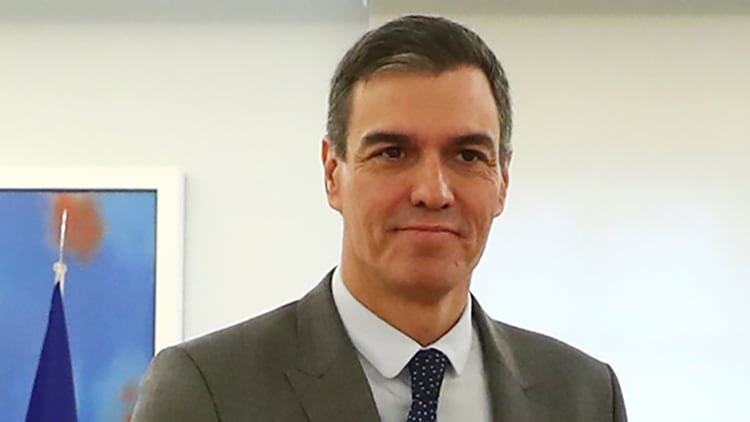Ángel Collado
Pedro Sánchez has guaranteed his investiture as President of the Government this week, thanks to the Catalan and Basque pro-independence parties who, as a temporary contract, are committed to keeping him in power as long as he complies with the agreed concessions.
First the amnesty law, then negotiating a referendum on self-determination and, in between, new privileges in terms of powers, financing and investment for the Catalan Generalitat and the Basque regional government is the price the Socialist leader has agreed to pay in exchange for the votes of the separatists and nationalists.
Esquerra Republicana de Cataluña, Junts per Catalunya (Carles Puigdemont’s group), the nationalists of the PNV and Bildu (the heir of ETA’s political wing) will support Sánchez in the Executive with signed agreements, which will lead him to an institutional clash – even before forming a government – with the judiciary.
The secretary general of the PSOE is assured of staying in power, but stability will have to be earned day by day, vote by vote in Congress, according to the aspirations of his partners, as Puigdemont and Oriol Junqueras have made clear to him.
The first deadline will be met with the bill presented in Congress to grant amnesty to all Catalan pro-independence leaders and activists, including those accused of terrorism, convicted or awaiting trial for their participation in the secessionist attempt of 1 October 2017 and throughout its gestation and consequences, from 2012 until now.
The initiative will be signed by all the partners of Sánchez’s future government and, once it is registered in the Chamber and the text is known, it will unleash the announced parliamentary and legal reactions of the opposition, the majority of the autonomous communities and the judiciary. The first skirmish will take place in the Bureau of Congress when the proposal has to be qualified, in principle this Tuesday.
The legal services of the Chamber considered clearly unconstitutional a proposal of the pro-independence groups that defended in 2021 the same thing that Sánchez is now promoting: the “erasure” of the crimes committed by the Catalan coup perpetrators. It was not even admitted for processing by decision of the Socialist president of Congress Meritxell Batet, with the votes of the PSOE, PP and Vox. It took them a week to reject the initiative.
This time Sánchez is in a hurry to do the opposite. On 3 November, a high-ranking member of his government, the undersecretary of Territorial Policy, Fernando Galindo, took charge of the legal services of Congress. The left-wing majority in the Chamber’s Bureau (5 of its 9 members), presided over by the Socialist Francina Armengol, guarantees a quick and smooth legal qualification of the future amnesty law, the cornerstone of the Socialist leader’s new mandate.
The PP will have to content itself with demanding that Armengol give them a day or two to study the bill before it is voted on in the Bureau. Then, it will be debated in the plenary, to be approved with the same votes in favour that Sánchez will have obtained earlier this week in his investiture session.
Sanchez’s plan to approve the amnesty for his associates in Congress as soon as possible, through the emergency procedure, even within a month, will clash with the Popular Party. With an absolute majority in the Senate, the second reading chamber, the Popular Party is preparing to extend the processing time by another two months by means of a reform of the rules of procedure that will be ready next week.
Even if the Senate plenary rejects the Amnesty bill, the text will return to Congress, the chamber that ultimately makes its decision prevail. But the PP’s aim is to delay as long as possible the final approval of Sánchez’s compromise with his pro-independence allies, which has set the judiciary on fire as an attack on the division of powers.
For the first time in the history of Spanish democracy, all the judges’ associations, their governing body (the General Council of the Judiciary) and the prosecutors’ associations have united to denounce the PSOE’s pacts to guarantee the impunity of Junqueras and Puigdemont, plus their supporters and collaborators.
This parallelism between Sánchez’s conditional stability in power and the open conflict with other state institutions will be the keynote of the start of the legislature. In addition to the amnesty, it will continue with the resources of most of the autonomous communities as soon as the head of the Executive moves to grant grant new powers in financing or investment to the governments of ERC in Catalonia or PNV in the Basque Country.







